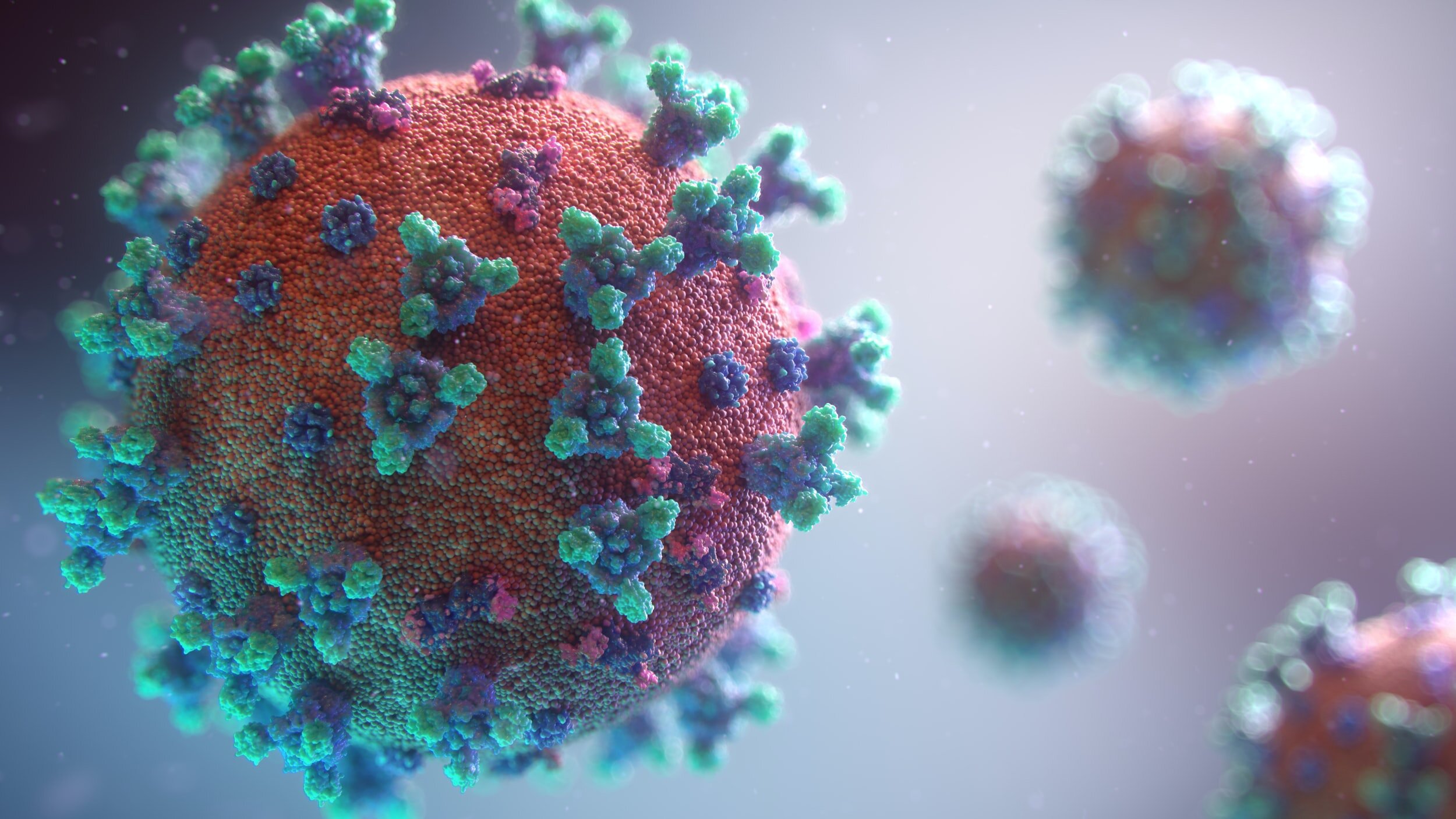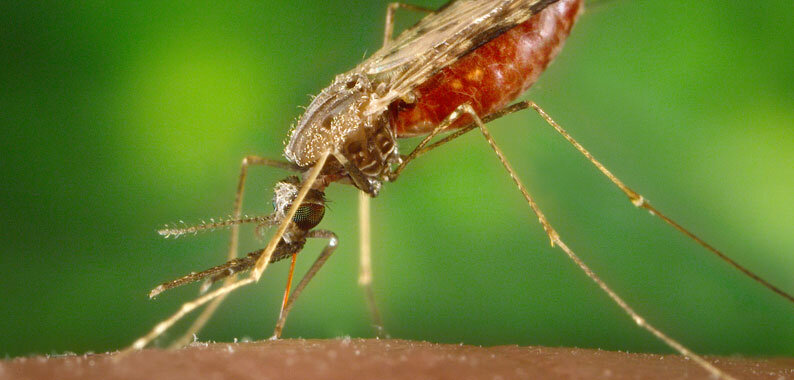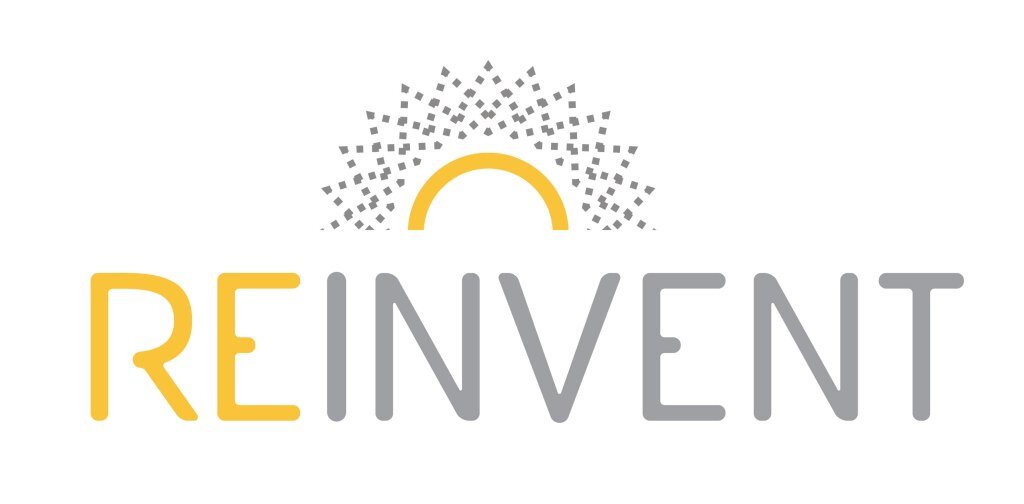Editorial

The Migration of Mental Health
Despite being unexplored within academic discourse, migration may be a causal contributor to worsened mental health status due to the detrimental impacts migration processes can have on migrants’ health. The migratory process is highly complex, interrelated, and incites differing experiences, which may result in a significant toll being taken on individuals, their families and more broadly, their communities.…

Sculptors of Women's Bodies
Female genital mutilation and cutting (FGM/C) involves the partial or total removal of the female external genitalia for non-therapeutic reasons [1]. The World Health Organization (WHO) estimates that over 200 million girls and women alive today have undergone some form of FGM/C in approximately 30 countries in Africa, the Middle East, and Asia [2]…

Luck or A Strong Response: Why Did Pakistan Fare Relatively Better During COVID?
On 26th February, 2020 nearly a month after the World Health Organization had declared COVID-19 as a ‘public health emergency of international concern’, the then Special Advisor to Prime Minister (SAPM) of Pakistan on Health, Dr. Zafar Mirza, announced the first two reported cases of COVID-19 in Pakistan [1]…

Poverty, the Built Environment, and Asthma: A recipe for environmental injustice in the South Bronx and low-income communities globally
Every year, around 4 million children are diagnosed with asthma globally [1]. Asthma is a non-communicable chronic disease characterized by difficulty breathing due to the lungs becoming inflamed from an asthmatic trigger with no known cure [2]. But if asthma is non-communicable, how are there 4 million cases being diagnosed each year?

The Emergence of Autoimmune Diseases and Associated Disparities in Global Research
In the last few decades, autoimmune diseases (AD) have been increasing in prevalence around the world, especially in Western and developing countries [1]. The common disease pathogenesis is an immune-mediated attack on the body’s own organs, seen in notable ADs such as type 1 diabetes, multiple sclerosis, inflammatory bowel diseases, systemic lupus erythematosus, and autoimmune thyroiditis [2]. Although the reasons behind the increasing prevalence of ADs are not entirely known, there are some hypotheses and trends that could help to explain this phenomenon. Even so, there are gaps in current AD research on a global scale that prevent us from making conclusions surrounding AD causes and risk factors.

Vaccinating the World: Why COVAX is Critical to Halting the COVID-19 Pandemic
The global response to the coronavirus disease 2019 (COVID-19) pandemic has been complicated by the scarcity of medical resources.

Tuberculosis (TB) Knows No Borders: Examining the Intersection of Migration and TB
With millions on the move, migration can pose as a significant global health phenomenon. In 2017, there were an estimated 258 million migrants worldwide, an increase from 248 million in 2015 …

Gunning Down Health: The Deterioration of Health During Conflict
On the 27th of November 2019, two attacks in the eastern Democratic Republic of the Congo (DRC) resulted in 4 deaths and 5 injuries among workers responding to the Ebola outbreak [1]. Among the dead were a vaccination team member, two drivers, and a police officer…

Addressing Mental Health to Increase Isolation Compliance: We Are All in this Together
As the COVID-19 pandemic progresses, people around the world are being asked to self-isolate for at least a period of 14 days, and socially distance from one another…

Human Encroachment and the Spread of COVID-19
With the spread of COVID-19, classified as a pandemic by the World Health Organization, the global health community has put most, if not all, of its attention on stopping the spread of this virus and treating the thousands already infected…

Tackling Drug-Resistant Tuberculosis in Conflict-ridden Donbass, Ukraine
Tuberculosis (TB), an airborne infectious disease caused by Mycobacterium tuberculosis (M. tuberculosis), has plagued mankind for centuries. Although TB is no longer an immediate threat to the developed world, it disproportionately affects low-income countries and regions of conflict because its root causes stem from social inequity…

Lead Poisoning: A Review
The crisis in Flint, Michigan, has brought lead poisoning to the forefront of North American public health discourse. However, as one of the oldest hazards known to public health, lead has been studied extensively, and numerous policies have been implemented to reduce exposure to lead…

Controlling Malaria with Genetic Engineering: Is The World Ready?
Which animal is statistically most likely to kill you? While your mind may have conjured images of snarling lions, grizzly bears, or venomous snakes, any public health researcher would tell you unequivocally that the deadliest animal in the world is the mosquito…

Deconstructing the “Tropical” in Neglected Diseases
The WHO-approved term “Neglected Tropical Diseases,” is ubiquitous in the global health world, often shortened to its requisite public health abbreviation “NTDs”…

Banning “Bad” Blood: Reconsidering Blood Donation Policies
On November 4, France changed its blood donation policies by lifting the lifetime ban that prevented men who have sex with men (MSM) from donating blood. In 2016, MSM will be able to donate blood and plasma if they have not engaged in sexual activity with another man for 12 months and 4 months respectively…

REINVENT: A Conference on Neglected Diseases
On October 2nd, the REINVENT conference on neglected diseases (NDs) took place at the University of Toronto. Eschewing the traditional focus on purely biomedical solutions, the interdisciplinary conference deconstructed notions that neglected diseases can be resolved with basic science research and donor generosity alone…

Combating Obesity
Society’s ideal body shape and size has shifted tremendously over the centuries. Throughout human history, the ideal body was more ample and stout than today’s athletic and slim ideal…

Tackling HIV/AIDS: One Condom at a Time
The medium is the message. While walking by the Medical Science building or Gerstein Library, you might have noticed a large board spelling out the word “HIV”. But this isn’t just any old promotional poster. It is an art installation entirely made out of condoms.

Ebola in Context: Lessons Learned from the Ebola Crisis
The Ebola outbreak in West Africa shared similarities with many previous outbreaks. The paradigm to address it has been predictable, but what made this outbreak fundamentally different is how it rocked the foundations of global health governance on many levels including World Health Organizations, national governments and non-governmental organizations…
